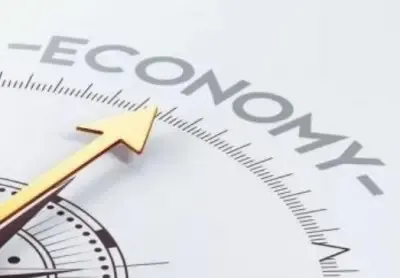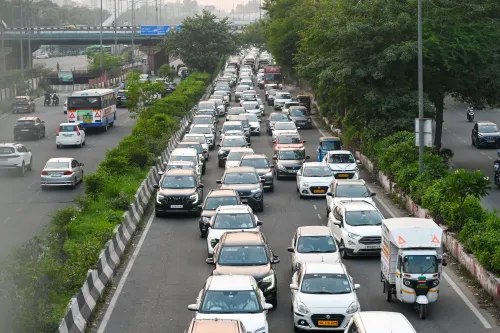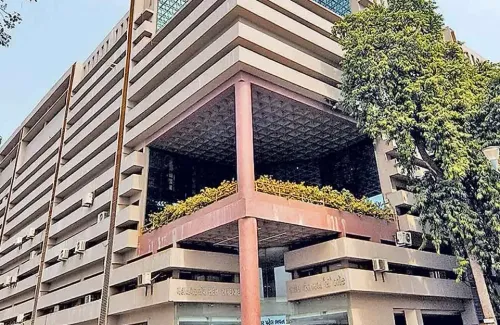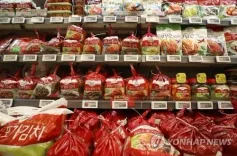Is the Softening of WPI Inflation a Sign of Economic Growth?

Synopsis
Key Takeaways
- WPI inflation has reached a 14-month low, signaling potential economic growth.
- Reduction in prices of primary articles, fuel, and manufactured goods is driving this trend.
- Continued low inflation could boost business confidence.
- 20 out of 22 food items reported a decline in inflation rates.
- ICRA anticipates further easing of food inflation in June 2025.
New Delhi, June 16 (NationPress) The ongoing decline in wholesale price index (WPI) inflation since December 2024 signals a positive trend for economic growth in India, economists stated on Monday. They anticipate that WPI inflation will stay low in the upcoming months, provided that geopolitical tensions ease.
The yearly inflation rate based on WPI dropped to a 14-month low of 0.39 percent in May this year, down from 0.85 percent in April and 2.05 percent in March, as reported by the Ministry of Commerce and Industry.
PHDCCI President Hemant Jain noted that this decline is primarily due to a marked reduction in the costs of primary articles, fuel, power, and various manufactured goods.
"This downward trend in wholesale inflation will enhance business confidence, leading to lower production costs," he remarked.
The drop in prices of food articles from (-)0.86 percent to (-)1.56 percent, petrol from 7.70 percent to (-)8.49 percent, and manufactured products from 2.62 percent to 2.04 percent from April to May are crucial factors contributing to the easing of WPI inflation.
Senior economist Rahul Agrawal from ICRA mentioned that, supported by a favorable base, WPI inflation is expected to further decline to a 14-month low of 0.4 percent in May 2025, compared to 0.9 percent in April 2025, which is slightly below ICRA’s forecast of (+0.7 percent) for the month.
"The cooling trend was widespread, with food, non-food manufacturing, minerals, and fuel and power sectors all contributing to the decrease in the headline figure. Notably, the WPI food inflation rate fell to 1.7 percent in May 2025, the lowest seen in 19 months, amidst a muted sequential price increase," he added.
Out of 22 food items monitored by the Department of Consumer Affairs, 20 reported a decline in their annual inflation rate in June (up to June 15) compared to May, aided partly by a favorable base.
"Given these patterns, ICRA projects that WPI food inflation will further decrease in June 2025 from 1.7 percent in May 2025," he concluded.









